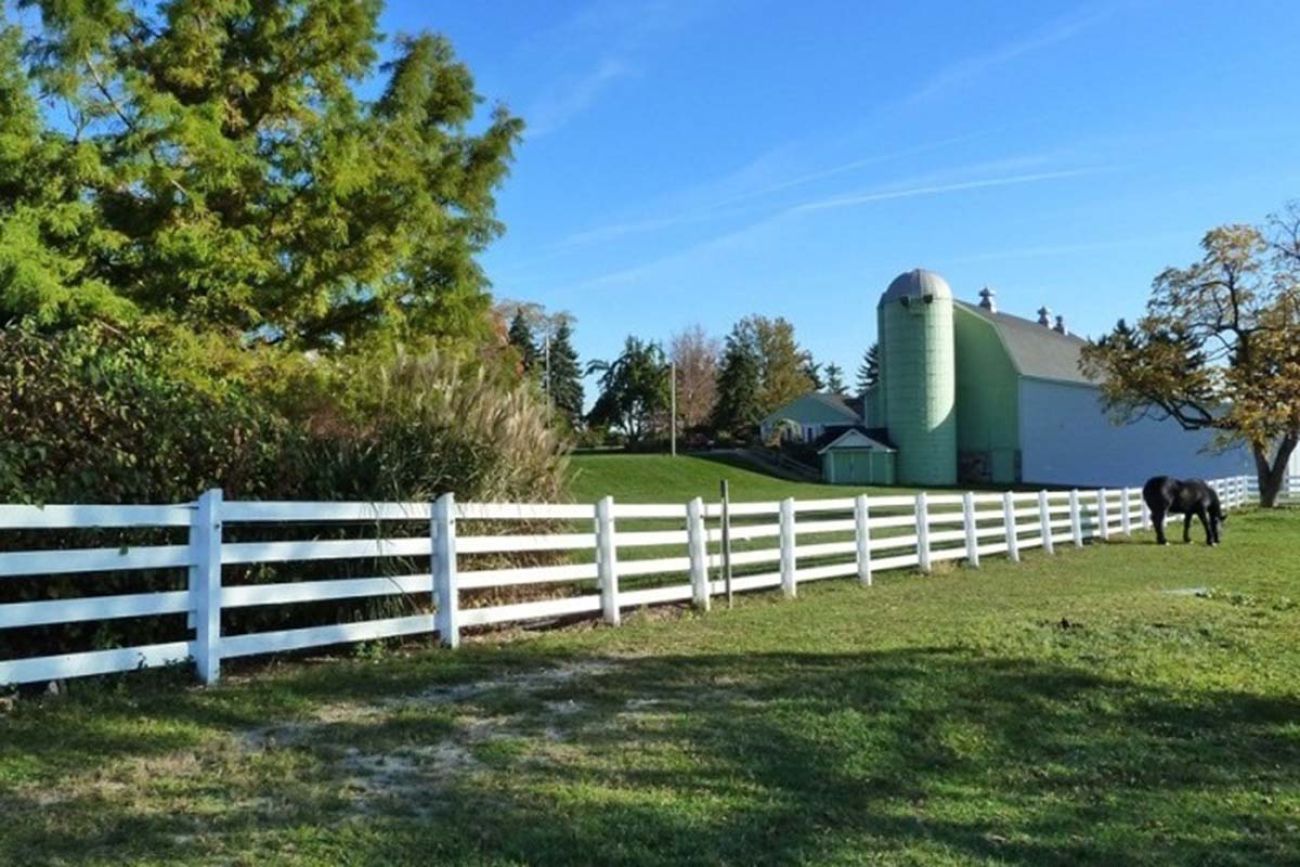Michigan farmers eye upcoming federal Farm Bill

LANSING — Michigan farmers, looking to expand crop insurance and research funding, are pushing to see their needs recognized as the federal Farm Bill moves along on the congressional agenda.
The Farm Bill is legislation that is renewed every five years, updating agricultural policy in an ever-changing economy. The latest version was signed in December 2018 and expires this December.
The Michigan Farm Bureau created a task force a year in advance so the organization’s members could discuss what they want to see in the legislation.
However, Matt Smego, the director of public policy and commodity division at the Farm Bureau, said its first goal is to complete the bill draft, hoping to see something on the books from Washington, D.C., soon.
The Farm Bureau is focusing on a variety of issues.
Related:
- Michigan House votes to restrict local permitting of solar, wind farms
- Michigan Republicans to China: Stop buying our farms. Experts: Threat overblown
- Michigan cows are nation's top milkers. Their secret: Good diets, clean living
One is expanding crop insurance.
Smego said one of the most important pieces in the legislation deals with crop insurance. The Farm Bill provides subsidies to private insurance companies to make coverage more affordable in case of losses due to unforeseen circumstances such as damage from extreme weather conditions.
“We’ve got a lot of specialty crops in the state, and we have to make sure that we have crop insurance options that work for them,” Smego said.
Dennis Kellogg, a crop farmer in Ithaca and a board member of the Michigan Farmers Union State Board, said lenders require such insurance because they want extra protection for bank loans if a disaster occurs.
As a result, Kellogg said the insurance is necessary for large farms that grow a lot of crops, giving them financial peace of mind.
However, Kellogg said most of his organization is made up of family farms, and subsidizing all crop insurance would “level the playing field” for crop insurance to look the same for all farms in Michigan.
Ron Bates, the director of the Michigan State University Extension Agriculture and Agribusiness Institute, said protecting investments is important when it comes to extreme weather that is common in Michigan, such as long dry spells.
Ernie Birchmeier, the Farm Bureau’s senior industry relations specialist, said expanded funding for research is another priority.
The money pays for food research and education, as well as programs to support innovation and research at federal laboratories and state universities, according to the Washington-based National Sustainable Agriculture Coalition.
It also pays for development of training for the next generation of farmers.
“If you look back over time and compare it to where we were 20 or 30 years ago, and where inflation has been during that time, especially in the last few years, the amount of money that’s on the Farm Bill for agriculture-related research hasn’t kept up with the needs that are out there,” Birchmeier said.
Bates said that overall federal funding has not been sustainable as agriculture continues to grow.
“To continue to be an important First-World country, or certainly a leading country in the world, we need to have a strong network of research and to be able to get new information out into the hands of farmers so that we can feed ourselves by ourselves,” Bates said.
Laura Campbell, the Farm Bureau’s senior conservation and regulatory relations specialist, said the fact that U.S. Sen. Debbie Stabenow, D-Lansing, chairs the Senate Committee on Agriculture, Nutrition and Forestry helps Michigan set priorities for the contents of the Farm Bill.
“As (Stabenow) likes to say, and it’s true, Michigan is reflected in every page of the Farm Bill, so that’s a huge advantage for us,” Campbell said. Stabenow is retiring when her term ends Jan. 3, 2025.
Birchmeier said it’s unlikely Congress will finalize action on the Farm Bill by the end of the year so it should be a high priority in early 2024.
“This would not be the first time that a Farm Bill was extended. It’s happened several times, but we need leadership to sit down to get the job done,” he said.
This story was originally published by Capital News Service
Michigan Environment Watch
Michigan Environment Watch examines how public policy, industry, and other factors interact with the state’s trove of natural resources.
- See full coverage
- Subscribe
- Share tips and questions with Bridge environment reporter Kelly House
Michigan Environment Watch is made possible by generous financial support from:
Our generous Environment Watch underwriters encourage Bridge Michigan readers to also support civic journalism by becoming Bridge members. Please consider joining today.
See what new members are saying about why they donated to Bridge Michigan:
- “In order for this information to be accurate and unbiased it must be underwritten by its readers, not by special interests.” - Larry S.
- “Not many other media sources report on the topics Bridge does.” - Susan B.
- “Your journalism is outstanding and rare these days.” - Mark S.
If you want to ensure the future of nonpartisan, nonprofit Michigan journalism, please become a member today. You, too, will be asked why you donated and maybe we'll feature your quote next time!






